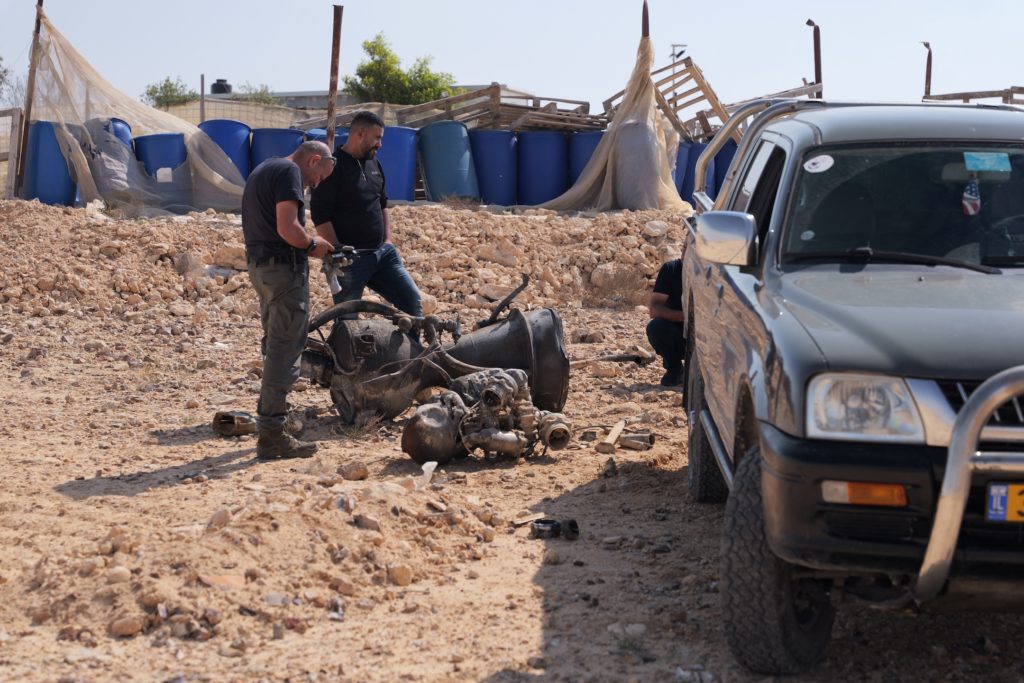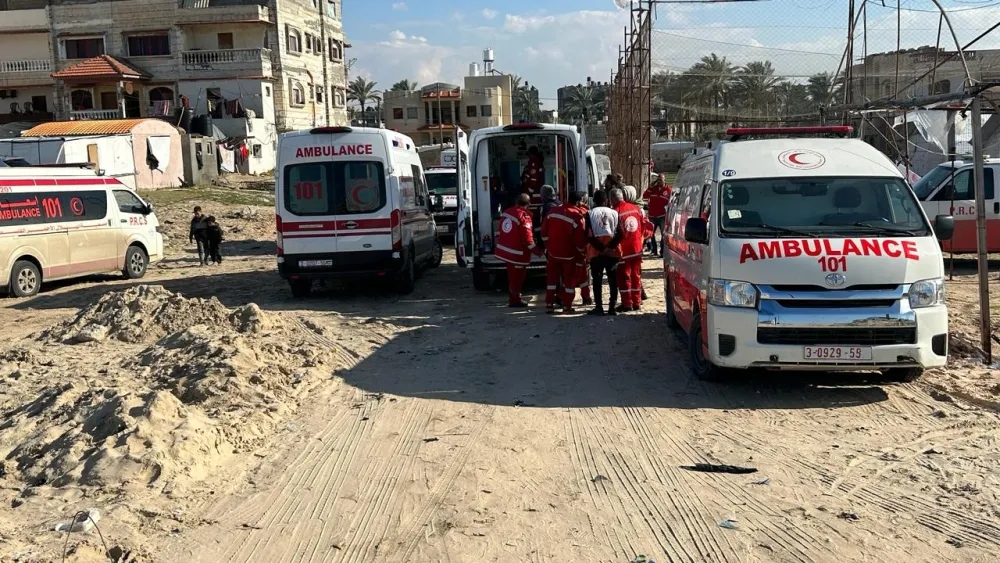One month has passed since the International Court of Justice (ICJ) issued an interim ruling ordering Israel to take immediate and effective steps to increase humanitarian aid and basic services in the Gaza Strip. However, despite the court's orders, the situation in Gaza has continued to deteriorate, with reports of children dying of hunger amid Israel's ongoing military campaign.
In an interview with Tom Dannenbaum, an associate professor
of international law, insights were gathered on Israel's compliance with the
ICJ's orders and the broader implications of the case. Dannenbaum highlighted
the key requirement of the ICJ's order for Israel to take "immediate and
effective" measures to enable humanitarian access and provision of basic
services in Gaza.
However, he pointed out various actions by Israel, such as
military operations, cuts to funding for aid agencies, and strikes on
humanitarian convoys, which indicate non-compliance with the court's orders.
Despite reports of Israel considering opening the Karni crossing for
humanitarian access, Dannenbaum emphasized that this alone would not suffice
without significant changes in military operations and deconfliction with
humanitarian actors.
The interview also explored the role of the ICJ in
preventing atrocities and its effectiveness in enforcing provisional measures.
Dannenbaum clarified that while the ICJ can issue orders, it lacks enforcement
mechanisms, relying on states and international bodies like the UN Security
Council for implementation.
However, the veto power of certain states, particularly the
United States, has hindered effective enforcement in cases like Gaza.
Dannenbaum stressed the importance of states using their leverage over Israel
to ensure compliance with ICJ orders, highlighting the potential for parallel
litigation against arms suppliers for failing to prevent genocide.
Regarding the broader significance of the case, Dannenbaum
acknowledged the criticisms of double standards in international justice,
particularly concerning powerful states and their allies. He noted that the
failure to enforce ICJ orders could undermine the legitimacy of the
international legal system, urging states to reverse double standards to
maintain credibility.
The interview also touched on the increased attention on the
ICJ, driven by cases like Israel-Palestine, facilitated by social media and global
interest in the conflict.
Furthermore, Dannenbaum discussed the parallel role of the
International Criminal Court (ICC) in investigating crimes in Palestine, highlighting
its broader jurisdiction over war crimes and crimes against humanity. He
emphasized the relevance of the ICJ's findings to ICC investigations and the
potential for increased urgency in prosecuting crimes in Gaza.
Despite the limitations of the ICJ's enforcement mechanisms,
the case underscores the importance of accountability and adherence to
international law in conflict zones like Gaza










.jpg)